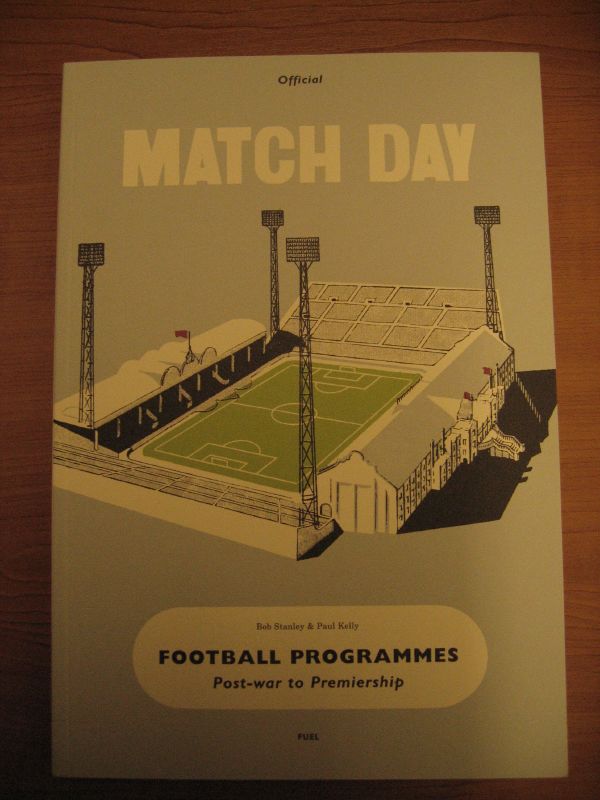Capsule: It started with Swap Shop
Which of course begs the question, 'what did?'. The supposed answer was 'Saturday morning kids' TV'. As it happened, there was myriads of other answers, which the course of the show revealed (Thursday 28 December 2006, BBC 2).
For one, it most graphically revealed that, however we disguise it, yesterday was definitively slower and duller. And yet, in many ways, more attractive. Adult Noel dominated, but it was in the flashes of his younger self that he looked more, well, fun: quieter, humbler too. He, though, definitely compared well with what's on offer today: Chris Moyles meeting Noel was a symbolic passing of the torch to a coarser, less pleasant age (not forgetting that Radio 1 is, spiritually, the golden thread that runs through all kids TV).
Of course this was a rewrite of history, hence why despite Live and Kicking, Going Live supposedly as part of the mix, they were a small chunk of what was essentially a Swap Shop lovefest. It did also mean that the summer season was forgotten: whatever happened to the 8.15 From Manchester, for example? And sex, tragedies, alcohol and personal wildernesses were all glossed over.
If we are to extended brainpower to deconstructing pop culture, and it is noble, necessary and right to devote heavy thinking to light and ephemeral subjects, we should at least do so on some agreed basis of shared truth, rather than truthiness - or the exercise is uncomplicated nostalgia. Which isn't worth the effort at all.
The genre of 'kids TV' that was extended by Swap Shop did get some meta-level analysis, through the presence of Lenny Henry, although it mostly, caustically, showed up the quiet, church-like nature of SS as compared to the anarchic nature of ITV programming, which seduced large swathes of the audience away. Auntie Beeb never did crack the fact that kids like to be badly behaved as well (while their Dads liked something to ogle at), both factors which ITV enthusastically capitalised on through SM:TV and CD:UK.
There was also the suggestion that despite the fact that kids TV remains a fabulous cutting-teeth-ground, with an amazing amount of brain power expended upon it, the intelligence that was once displayed on it has largely disappeared, or been displaced, to somewhere like Bebo, no doubt, or even to YouTube where kids are making their own TV.
And who can blame them? For what came through as clear as a bell, is that as much as the broadcast mistakes, the swearing are fondly remembered, so are the marketing opportunities. The programme was actually a celebration of commerce, disguised as a celebration of childhood. The ongoing death of public service broadcasting, and its corollary marketisiation, means that if a programme such as Swap Shop were to be revived now, the producers would naturally have to charge a finders fee or somesuch on swappers. No revenue stream can remain untapped.
Alas. Nostalgia, irony and eBay killed Saturday morning kids TV. The past isn't sepia toned; it's primary coloured.









